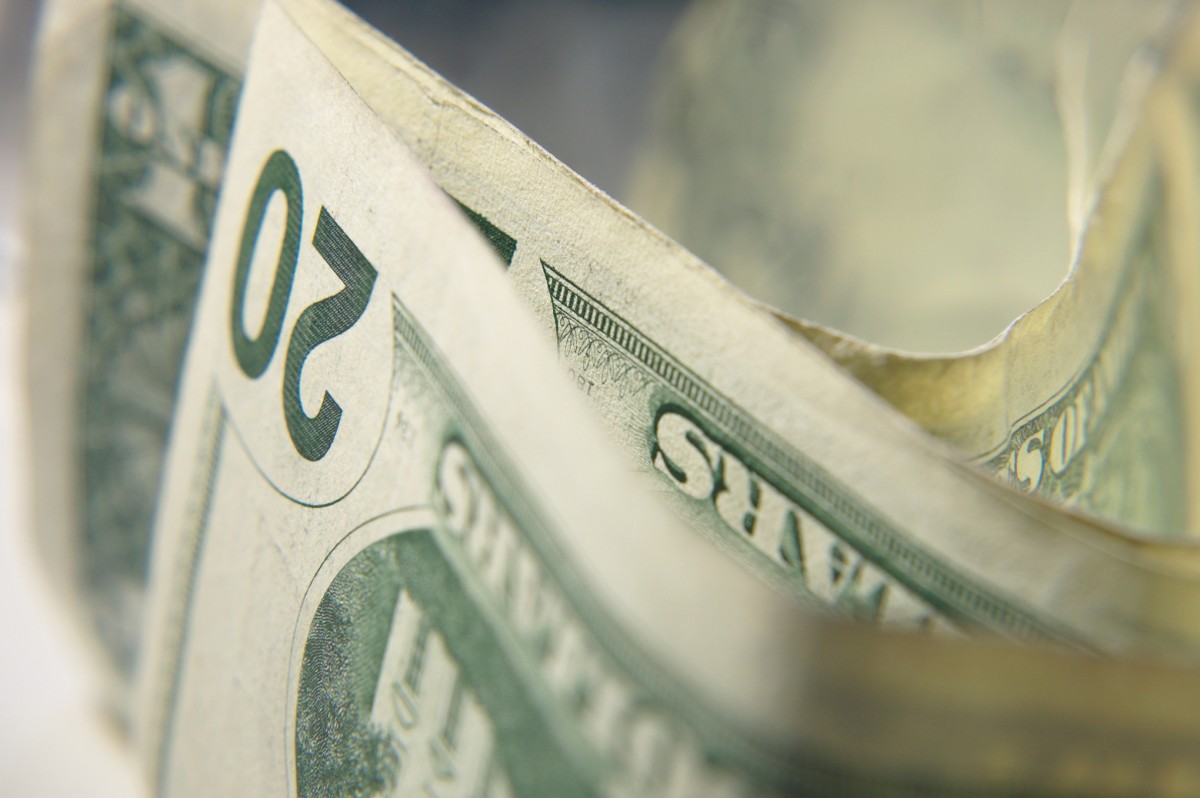CHARLESTON — The state didn’t start off the fiscal year on a positive note when it comes to revenue collections although the bottom line may not indicate it.
The state Senate Finance Committee, like it’s done in recent months, released monthly revenue numbers before the governor’s office did. That information, which came out Thursday, shows the state collected $32.9 million less in taxes than it thought it would in July, the first month of the fiscal year.
The actual bottom line for July shows a $37 million surplus but that’s because the Justice administration borrowed $70 million from the state’s Rainy Day Fund to pay the bills in July. The money will be returned to the Rainy Day Fund by the end of September, when collections catch-up.
State law gives the governor the option of dipping into the Rainy Day Fund for revenue shortfall when a new fiscal year begins. It’s been done every year the fund has been available, state Revenue Secretary Dave Hardy told MetroNews Thursday.
“That allows us to continue to pay our bills on time, to make sure we pay employees and then within 90 days we reimburse the Rainy Day fund. So it’s an interest-free loan to ourselves,” Hardy said.
Justice upwardly adjusted the estimates four times during the last half of the previous fiscal year. Those adjustments totaled $308.2 million. If Justice would have left his original estimate in place, the state would have had a revenue surplus on June 30 of $305.4 million. Justice hailed last year as the best revenue collection year in the state’s history. Justice had the legislature approve millions of dollars in supplemental appropriations before the end of the fiscal year on June 30. Much of that money is paying for secondary road repairs.
Information released Thursday said personal income tax collections for July were off by $16.6 million. Consumer sales tax also fell way below estimates, missing the mark by $7.4 million. Severance tax collections fell below estimates by $3.4 million. Hardy said you can’t base an entire budget off of one year. He said the state’s economy remains strong, adding July is historically a very “fickle” month for state revenues.
“It’s a month when the numbers are likely
to swing one way or the other. July is not a good predictor month,” Hardy said.
The U.S. Department of Commerce announced last week West Virginia led the nation in the percentage of GDP growth in the first quarter of this calendar year. Hardy said there’s no reason to believe the economy has reversed course.
“There’s no data that I’m aware of that would indicate otherwise,” Hardy said. “It’s always accurate to say that one month does not make the whole fiscal year.”
Hardy declined to comment specifically on the revenue collections for July. He said his department was still analyzing the numbers. Hardy in dicated the governor’s office would announce the numbers sometime next week.
TWEET @JeffJenkinsMN




